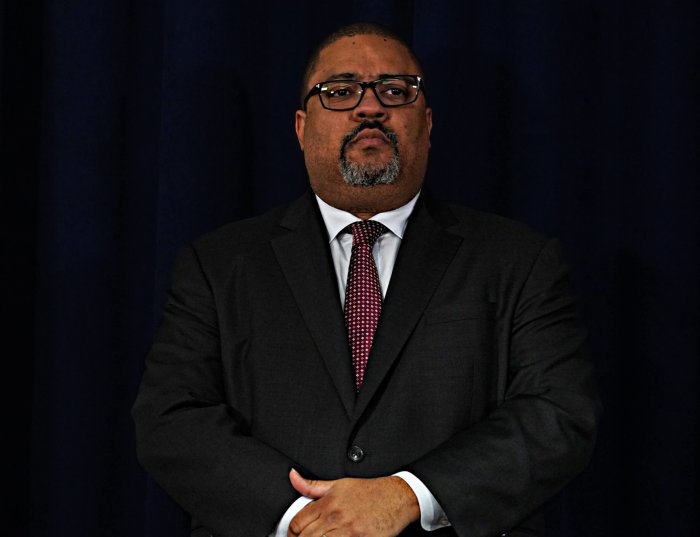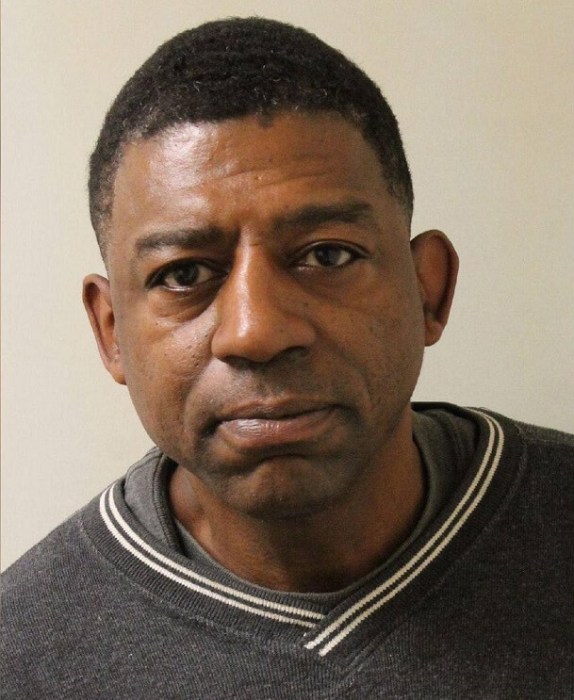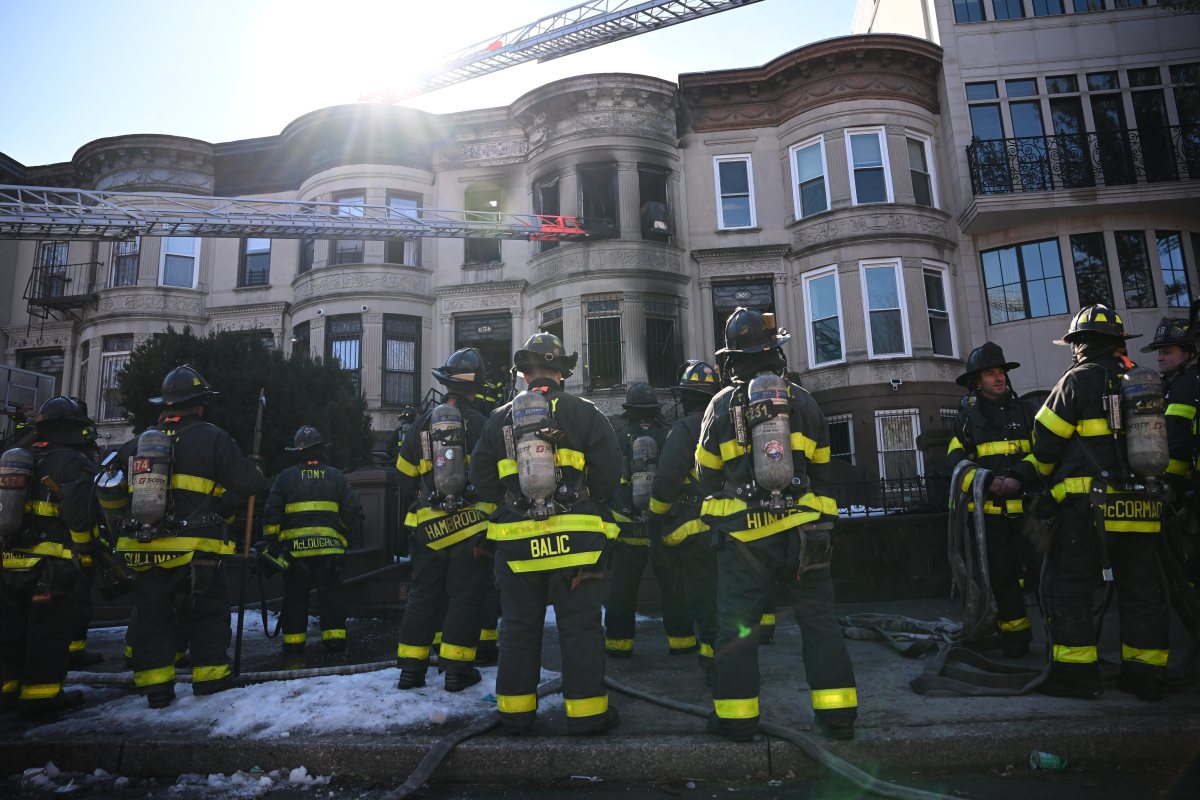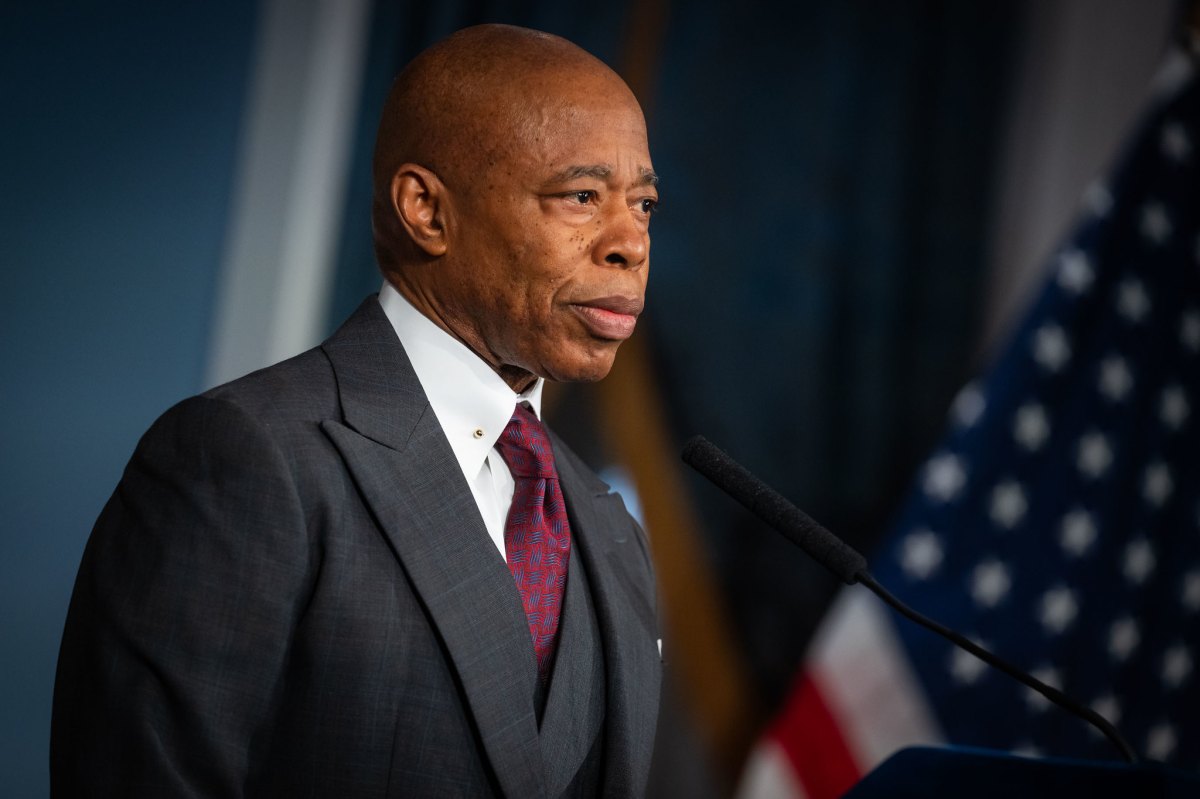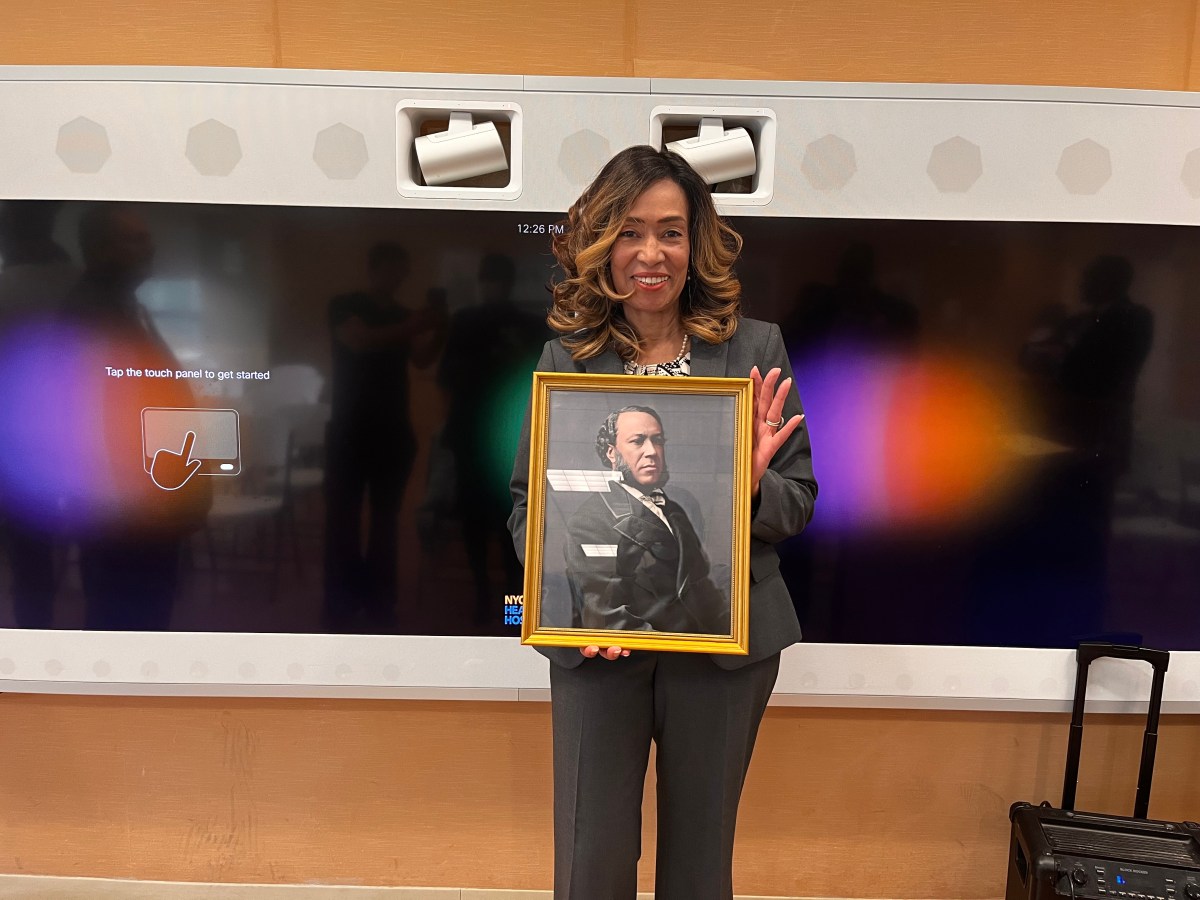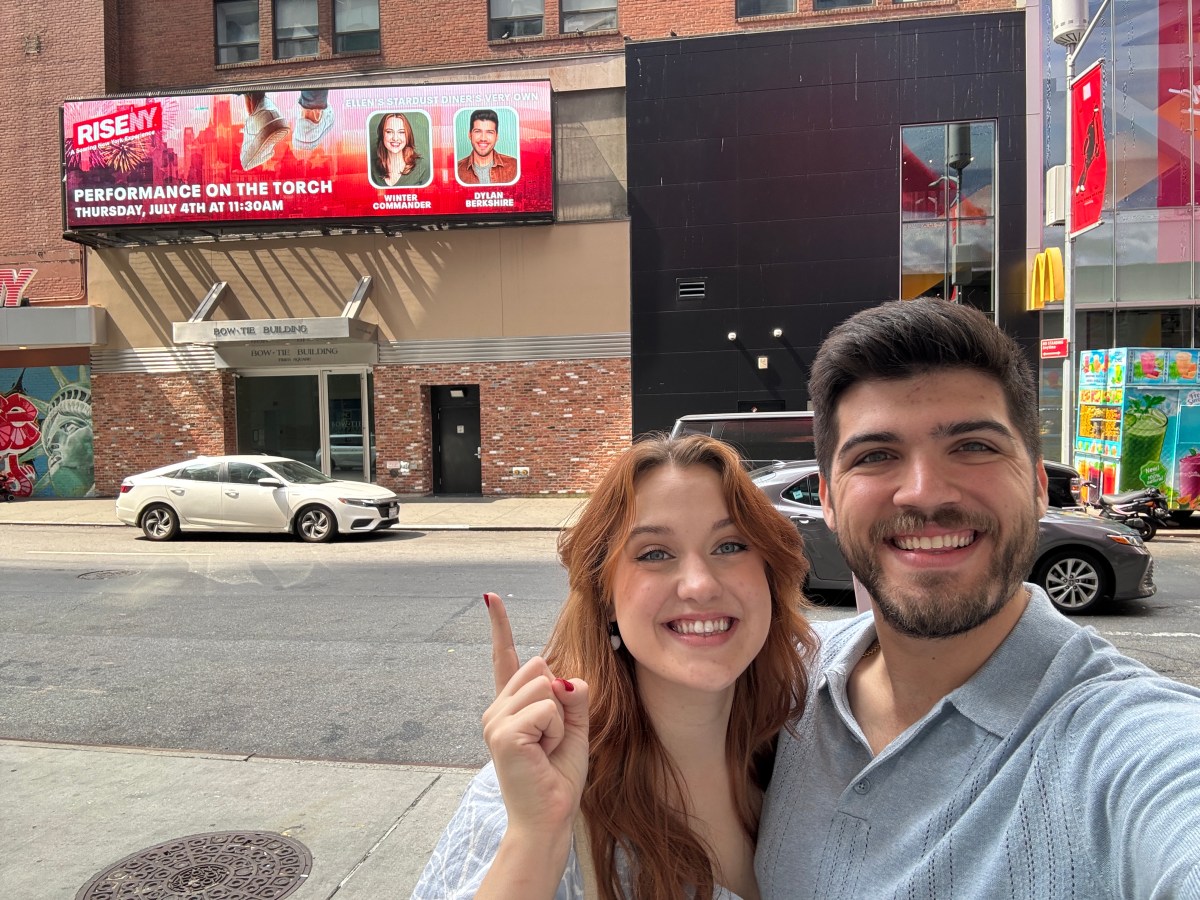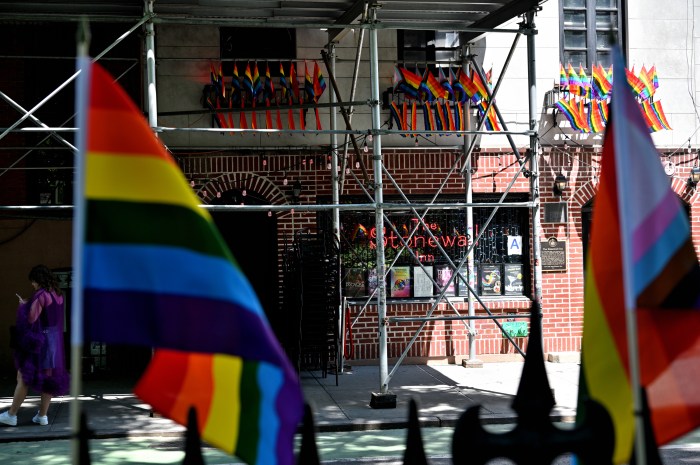Daniel Penny pleaded not guilty Wednesday to charges of second-degree manslaughter and criminally negligent homicide related to the chokehold death of Jordan Neely on an F train in May.
Penny entered the plea in Manhattan Supreme Court Wednesday morning, exactly two weeks after he was indicted by a grand jury. He is free on a $100,000 bond, and could face up to 19 years in prison if convicted of both counts.
The ex-Marine and architecture student stands accused of fatally choking Neely, a homeless man, on a northbound F train in Manhattan on May 1, in a case that has sparked intense debate about vigilante justice, racial profiling, and the city’s treatment of the mentally ill and homeless. The case has created political division across the nation.
“Daniel Penny stands indicted for Manslaughter after allegedly putting Jordan Neely in a deadly chokehold for several minutes until and after he stopped moving,” Manhattan District Attorney Alvin Bragg said in a statement. “I hope Mr. Neely’s loved ones are on the path towards healing as they continue to mourn this tragic loss.”
Penny’s lawyer Thomas Kenniff did not return a request for comment Wednesday from amNewYork Metro, nor did Neely family lawyer Donte Mills.
The events leading up to Penny’s fatal chokehold of Neely remain unclear. The DA’s office notes that Neely boarded the uptown F train at 2nd Avenue and “began making verbal threats to passengers,” but there is no indication that Neely physically threatened anyone.
What happened next is subject to intense debate, but ended with Penny putting Neely in a chokehold as the train entered the next stop, Broadway-Lafayette Street, for several minutes, assisted by two unidentified straphangers and caught on video. Bragg noted that Penny had continued to restrain Neely even after he stopped moving. Neely was pronounced dead at a local hospital.
Penny was questioned by police that night but later released, and was not charged with a crime for nearly two weeks as protests mounted across the city and officials faced intense scrutiny over the lack of charges and the social conditions that brought about the incident.
Race played a major role, some argued, as Penny is white and Neely was Black. The Rev. Al Sharpton contended at Neely’s funeral that if he had been a white Elvis impersonator, and Penny a Black straphanger, an arrest would have been made on the spot. The case hearkened back to the infamous 1984 incident where Bernie Goetz shot four Black teenagers on the subway after he claimed the quartet tried to rob him, another crime that became a flashpoint in the city.
It also led to considerable scrutiny over the treatment of the homeless and mentally ill by city government and broader society. Neely’s mental health deteriorated over time after his own mother was murdered and stuffed in a suitcase when he was a kid, and he frequently interfaced with homeless service providers but largely stuck to aimlessly roaming the city, garnering a long rap sheet and spending time in jail and treatment.
Witnesses said he was screaming about his hunger and thirst and that he was “ready to die” just before the fateful encounter.
Mayor Eric Adams was criticized by activists and other elected officials for declining to condemn Penny’s actions.
Meanwhile, Penny himself became the latest in a line of young white men accused of homicide to become a cause celebre for Republican politicians and commentators, echoing the right’s embrace of Wisconsin vigilante Kyle Rittenhouse. Conservatives have cast Penny as a hero and contributed nearly $3 million to his legal defense, nearly twenty times more than the Neely family fundraised to cover funeral expenses, while smearing Neely as a violent criminal who only had himself to blame for his death.
Penny’s lawyers, including Kenniff — who ran against Bragg as a Republican in 2021 — have sought to burnish that heroic image. In an interview earlier this month, the ex-Marine claimed to be “intimidated” by Neely and argued his actions were solely meant to protect other straphangers. He has denied being a racist and also argued the whole interaction took less than five minutes, disputing the notion he held Neely for over 15 minutes.




